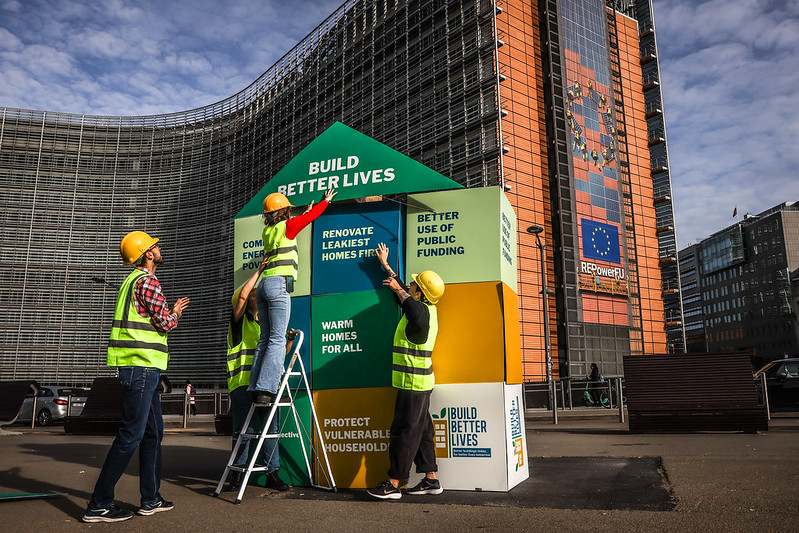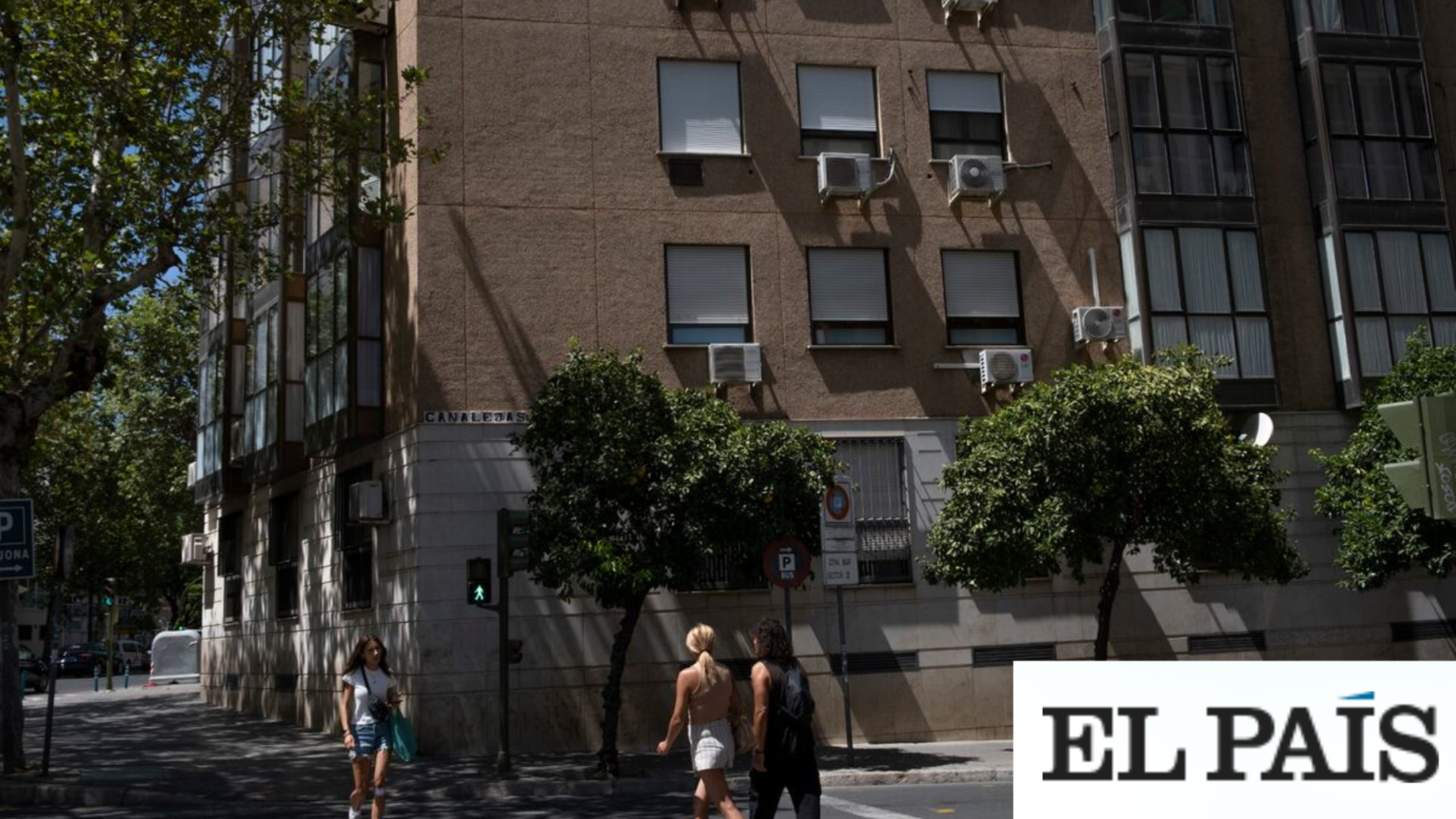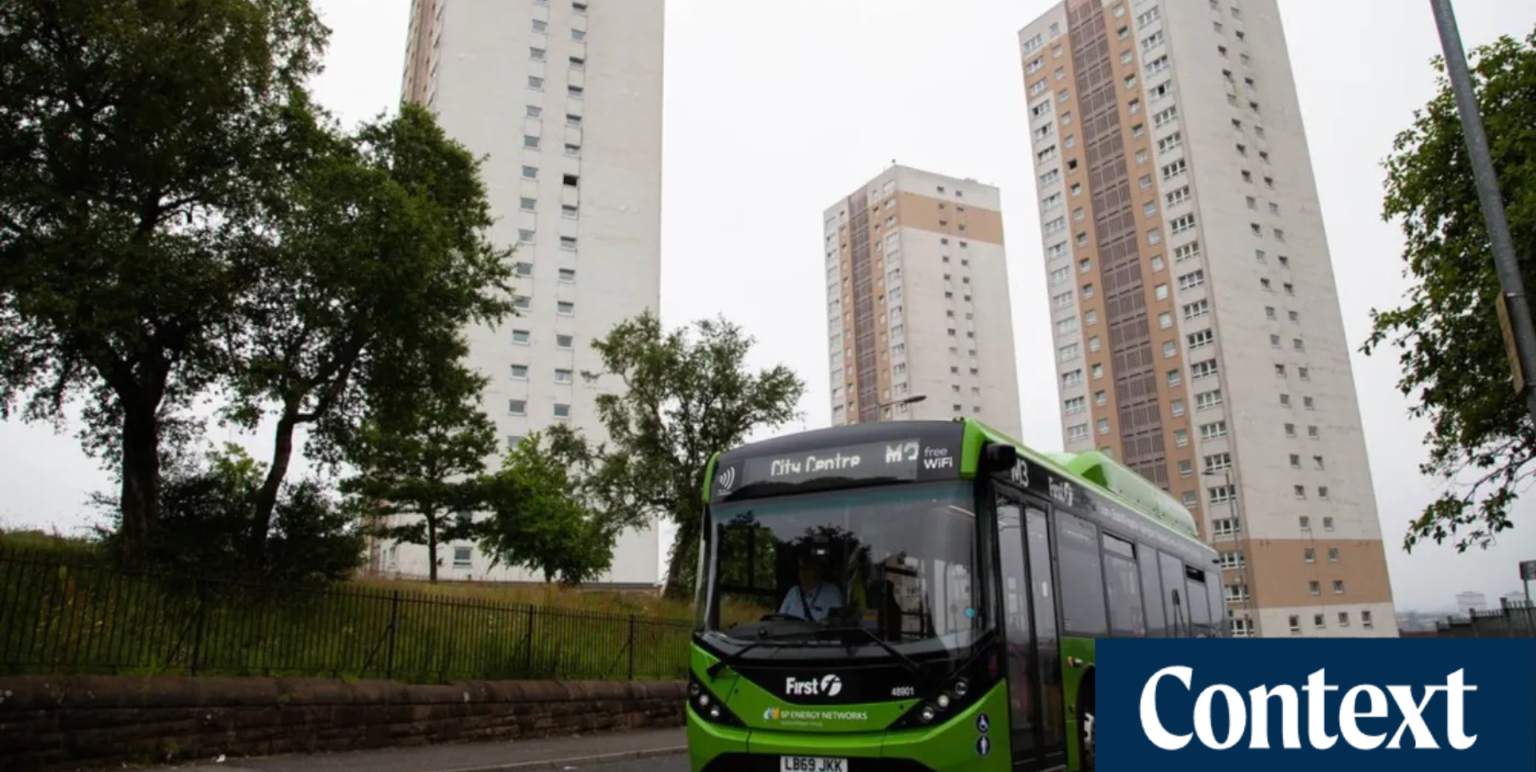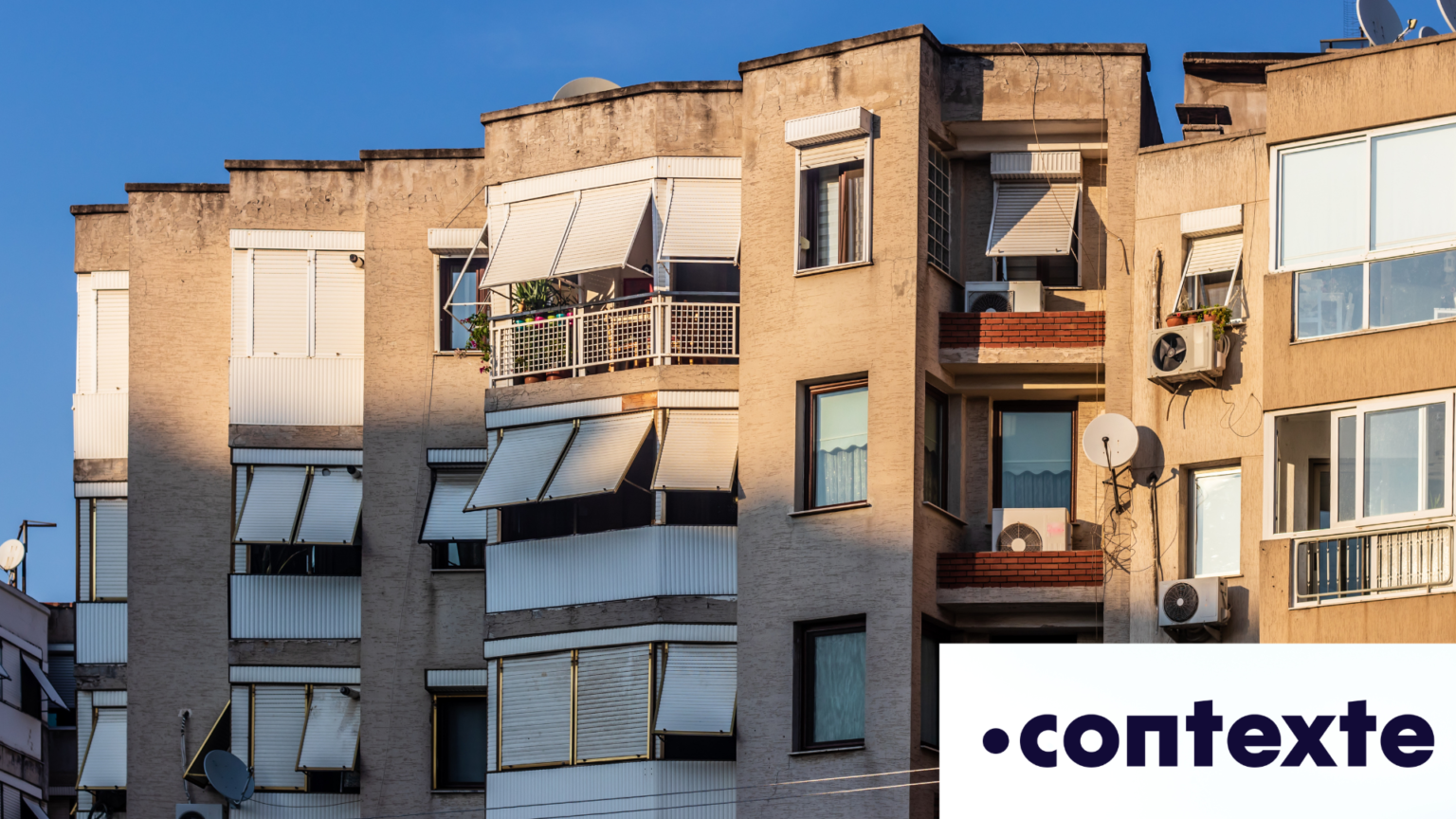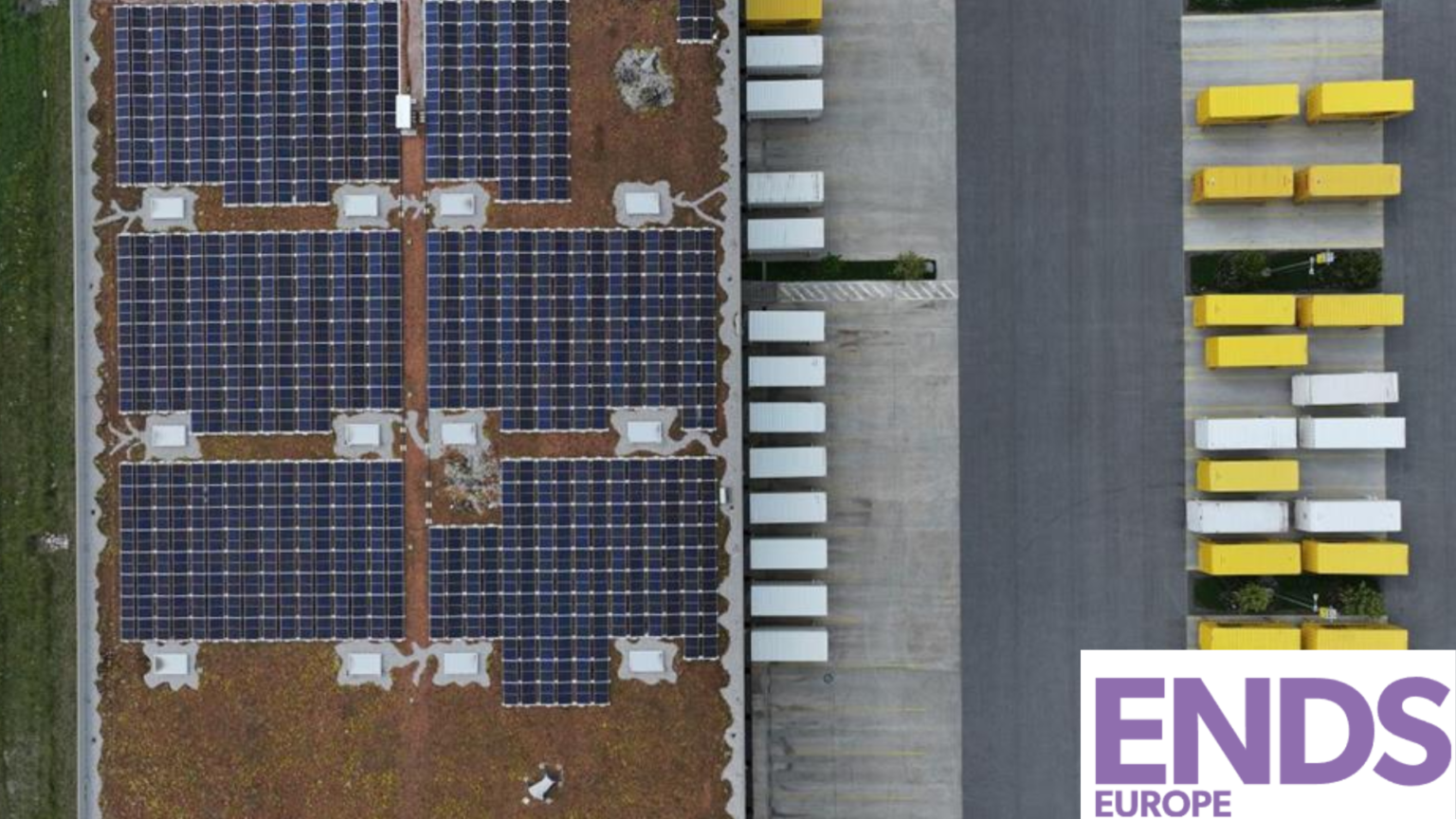
Menu
Build Better Lives aims to ensure decent, affordable and energy efficient homes for all.
It brings together over 90 social justice, housing, climate, and youth civil society organisations, in a pan-European, people-oriented campaign for a socially just built environment that lifts millions out of energy poverty. Better buildings build better lives through creating safer, healthier
NEWS & UPDATES
The Benefits of
sustainable buildings

Reducing energy costs for households across Europe

Cutting greenhouse gas emissions and mitigating the climate crisis

